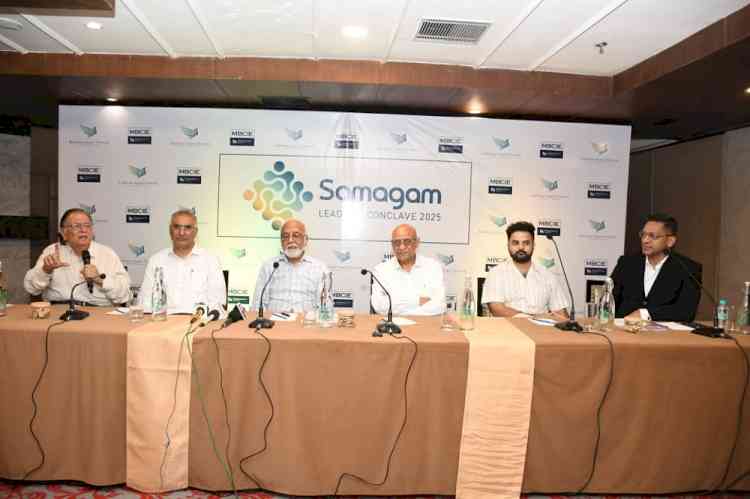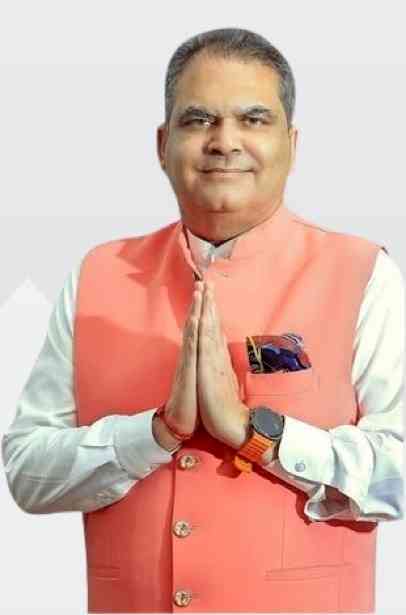General OPD and Surgeries open at NHS Hospital
All precautionary measures for the staff are in place

Jalandhar: Seeing a marked decline in the number of COVID cases, the NHS hospital has fully opened the general out-patient department (OPD) services and elective surgeries for the non-COVID patients with some restrictions from June 14. The patients can visit the hospital for specialised treatment. Also, the elective surgeries have resumed keeping in mind the extreme difficulty that patients are facing due to shut down of surgical services earlier. Now with extensive precautions in place, the hospital management is making sure that the medical staff is motivated and all the staff members are vaccinated so that normal OPD services and elective surgeries can be carried out seamlessly amid the resolving pandemic situation.
As laid out by the government, the staff would follow all guidelines. The patients had been earlier asked the patients to visit the hospital only if there is an emergency or if there is a need for physical follow-up, especially for emergency orthopedic surgeries. To keep a check on the crowd, the hospital is booking limited slots for a day so that a limited number of people visit the premises. It has been ensured that all the hospital staff gets an adequate supply of safety gear like PPE kits especially in the emergency. The post-COVID OPD would also be operational for the patients who have complaints related to the post-viral syndrome. Any discharged patient can visit the OPD facility and can consult the doctors. They have to carry two mandatory documents, a COVID negative report and the discharge certificate.
Dr. Shubhang Aggarwal, Orthopaedic & Robotic Joint Replacement Surgeon, NHS Hospital, Jalandhar says, “We have many patients whose surgeries were postponed or whose treatment got delayed due to the pandemic situation. There were many people who discontinued their treatment fearing catching the infection. We have taken all measures for the safety of our staff and the in-coming patients. We believe that non-COVID patients must not suffer in silence in this crisis period and they must get the right treatment through the most advanced technology available.”


 cityairnews
cityairnews 







